‘I would love to meet the Swiss footballers’
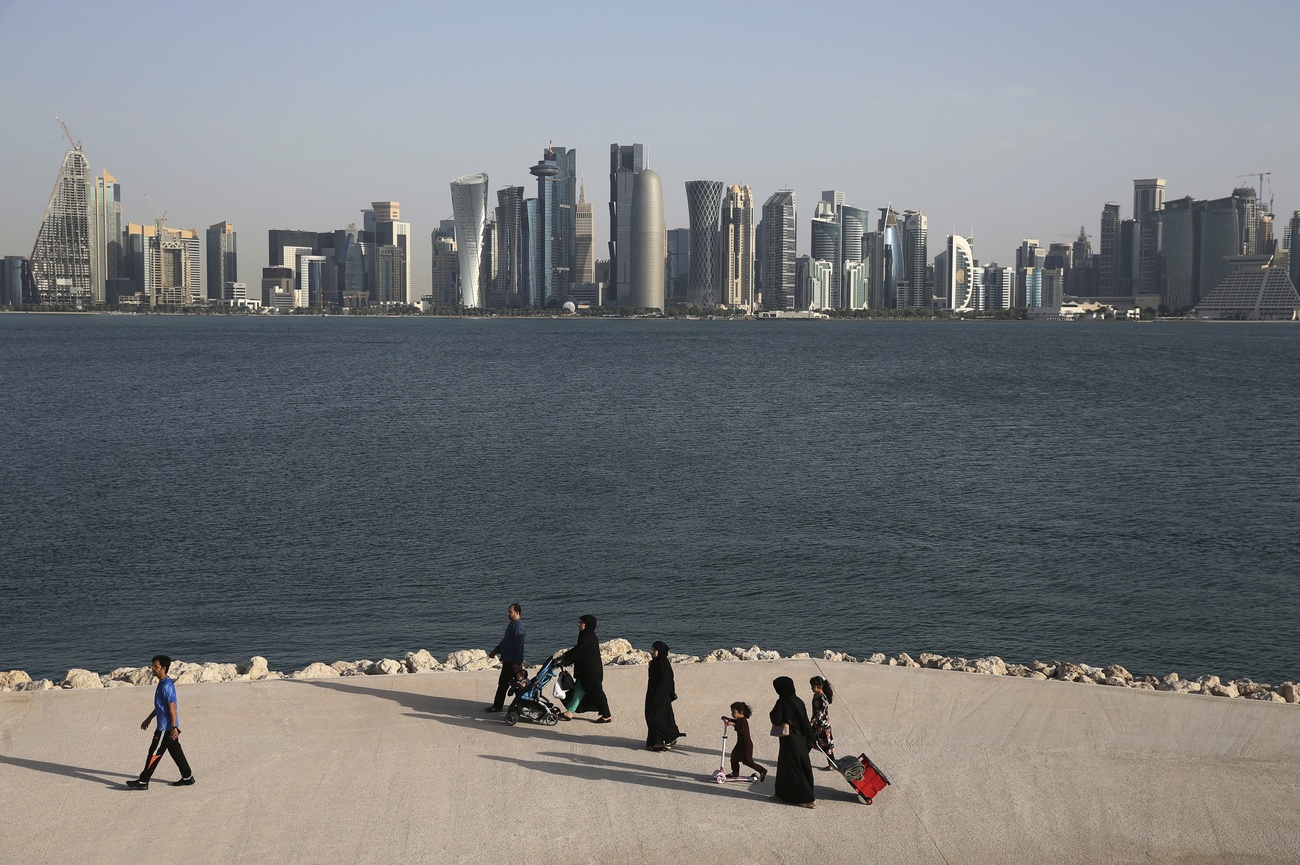
What is it like to live in a country that has been hit by fierce criticism over its preparations for the football World Cup and where freedom of opinion is restricted? Lina Guidoum explains what effect preparations for the event are having on teenagers like her in the emirate.
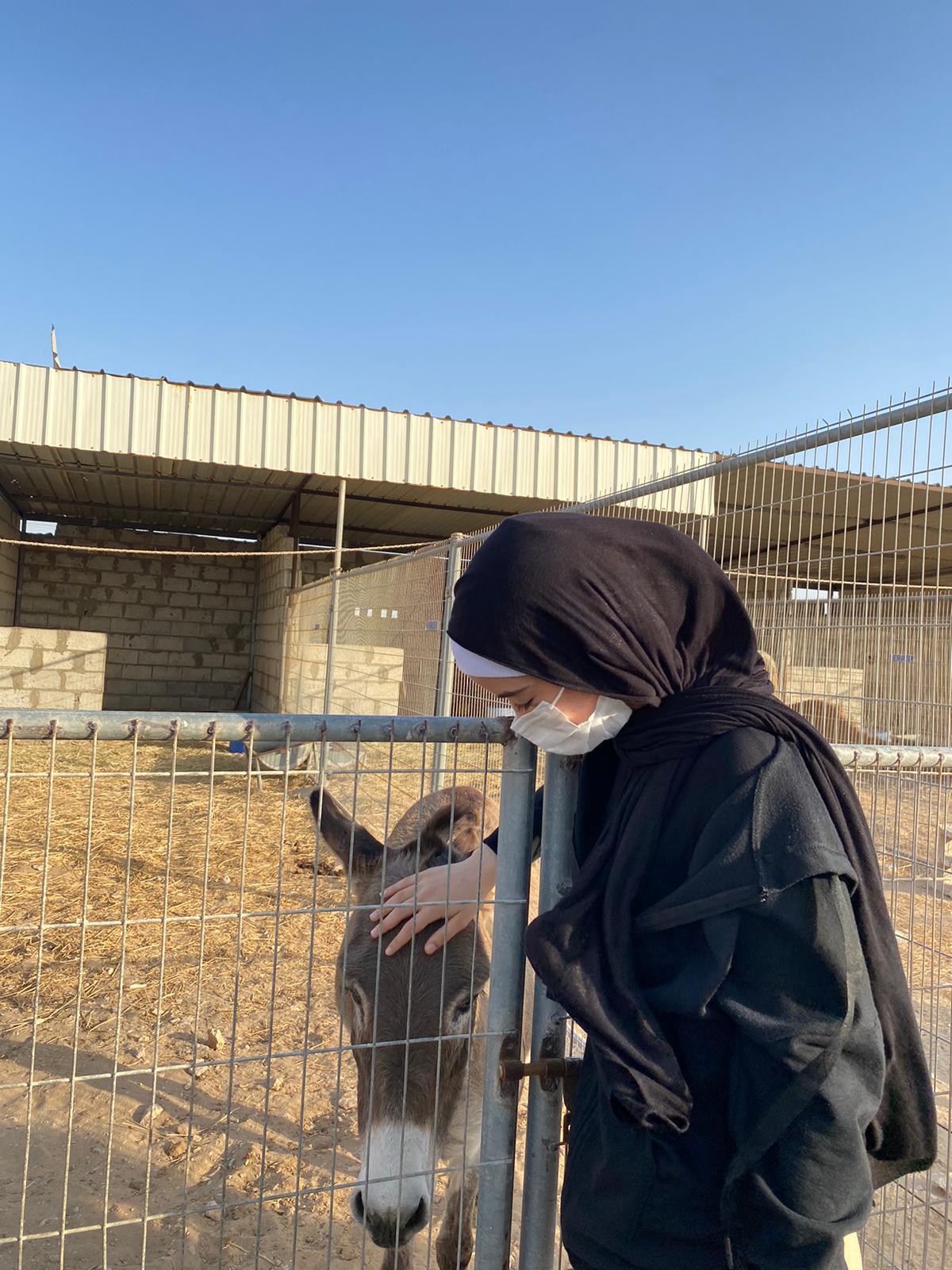
I have lived in Qatar since I was seven years old. We moved here because my father set up a business in Doha. I have two brothers and a sister. One of my brothers is studying in Switzerland. I’m planning to follow him next year.
We live in the centre of Doha, and I attend a French school, the Lycée Bonaparte. It’s right opposite our house, which makes my way to school very short. Some of my schoolmates are from Qatar, but most of my friends are expats. French and Arabic are my mother tongues, but I also speak English and I’m now learning Spanish. I have Swiss and Algerian roots.
It’s almost impossible for me to compare life here with life in Switzerland. I was far too small when we left home. Qatar feels safe and living here is not a challenge for me – apart from the scorching heat, of course.
I have heard about the criticism Qatar has faced, for example, that the LGTBIQ community is not accepted here. It’s understandable that this does not go down well in the western world. However, we live in a country with a certain culture and religion, and we must accept it.
Forced labour, exploitation, unexplained deaths – Qatar has faced fierce criticism since being selected as host of the World Cup. The conditions for migrant workers have improved since FIFA decided to host the World Cup. But the criticism continues.
One month before the kick-off, Amnesty International published a new report demanding dramatic improvements from Qatar and the football association FIFA before the World Cup starts. According to Amnesty International, the grievances are far from being resolved: the organisation cites homophobic laws, restrictions on freedom of the press, and labour law shortcomings.
“Thousands of migrant workers continue to face the problem that their wages are paid late or not at all, their rest days are cancelled and it is impossible for them to change jobs. They have little legal recourse against these violations,” writes Amnesty International. Moreover, the deaths of thousands of migrant workers in Qatar remain unresolved.
Around three million people live in the country on the Persian Gulf, of whom only 15% are Qataris. The majority of the population are economic migrants without Qatari citizenship. The country has one of the highest proportions of foreign inhabitants in the world.
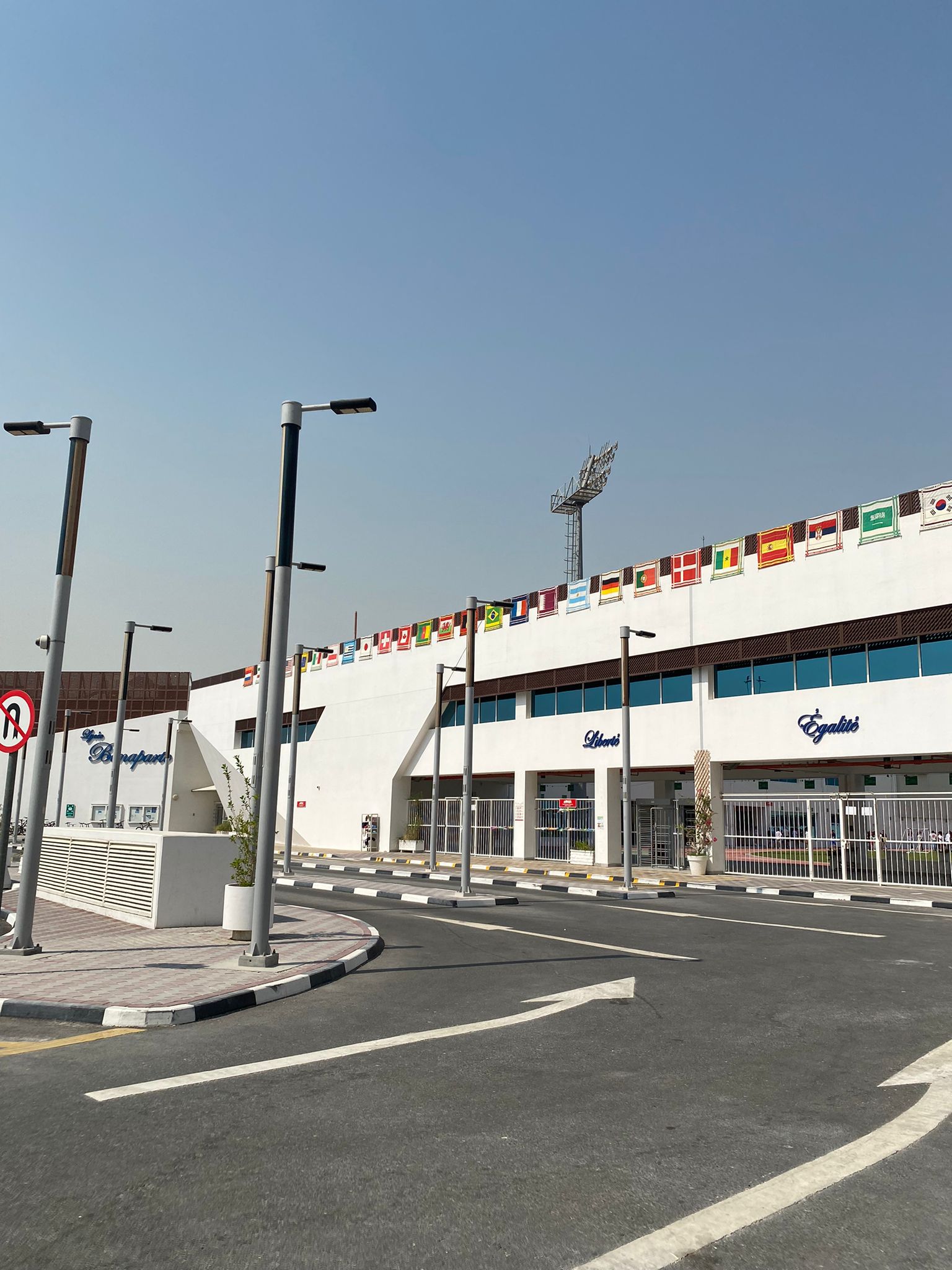
I don’t know any other Swiss of a similar age in Doha. My parents keep in touch with the Swiss diaspora and participate in events at the Swiss embassy. I have also worked as a volunteer at Swiss embassy events, and most of the time I am the youngest doing this volunteer work. I have also done an internship at the Swiss diplomatic mission.
The football World Cup has had a big impact on my everyday life. School lessons have been reduced over the past few weeks, and our school will be closed during the tournament.
Adapted from German by Billi Bierling/gw

In compliance with the JTI standards
More: SWI swissinfo.ch certified by the Journalism Trust Initiative










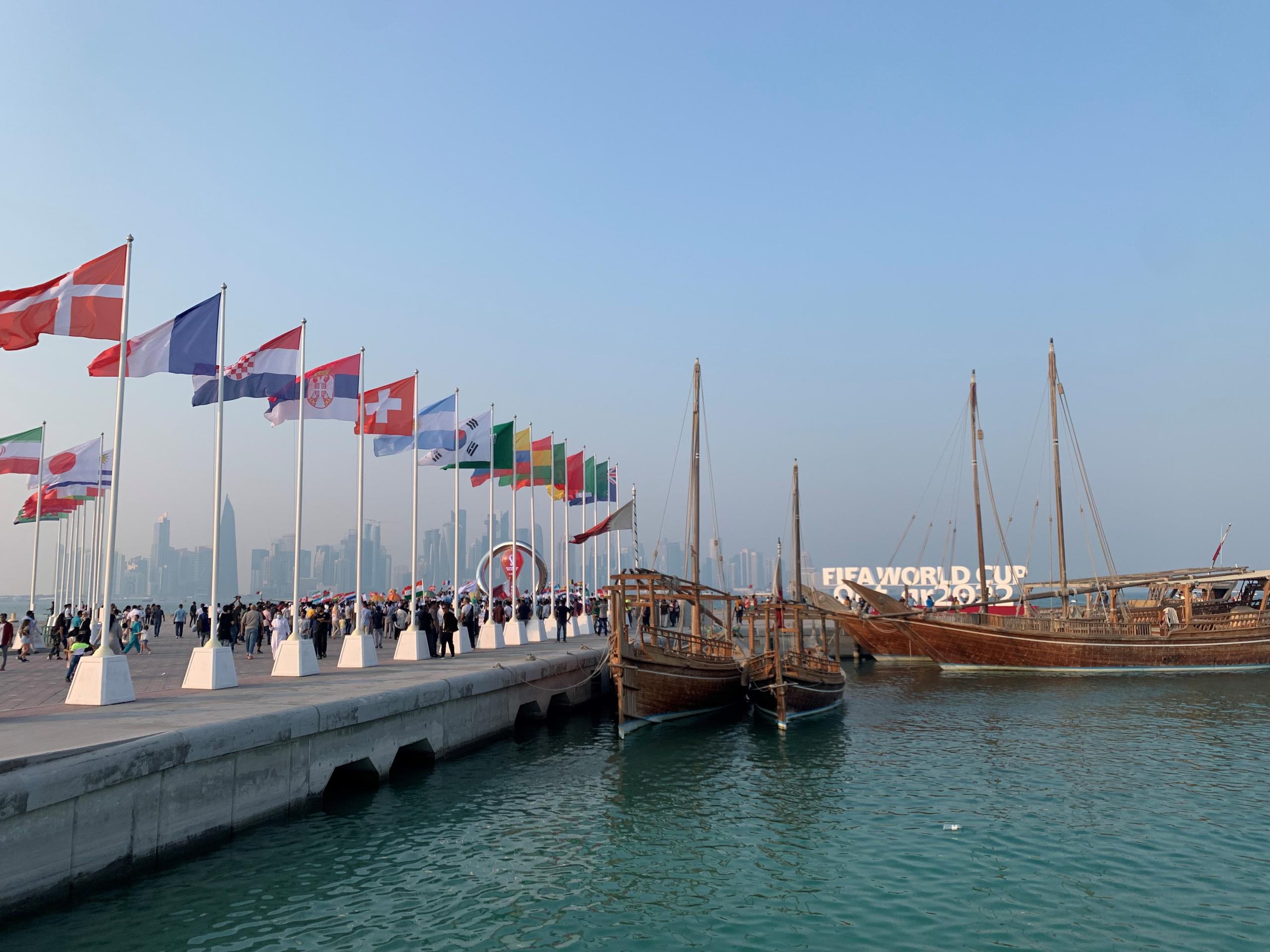
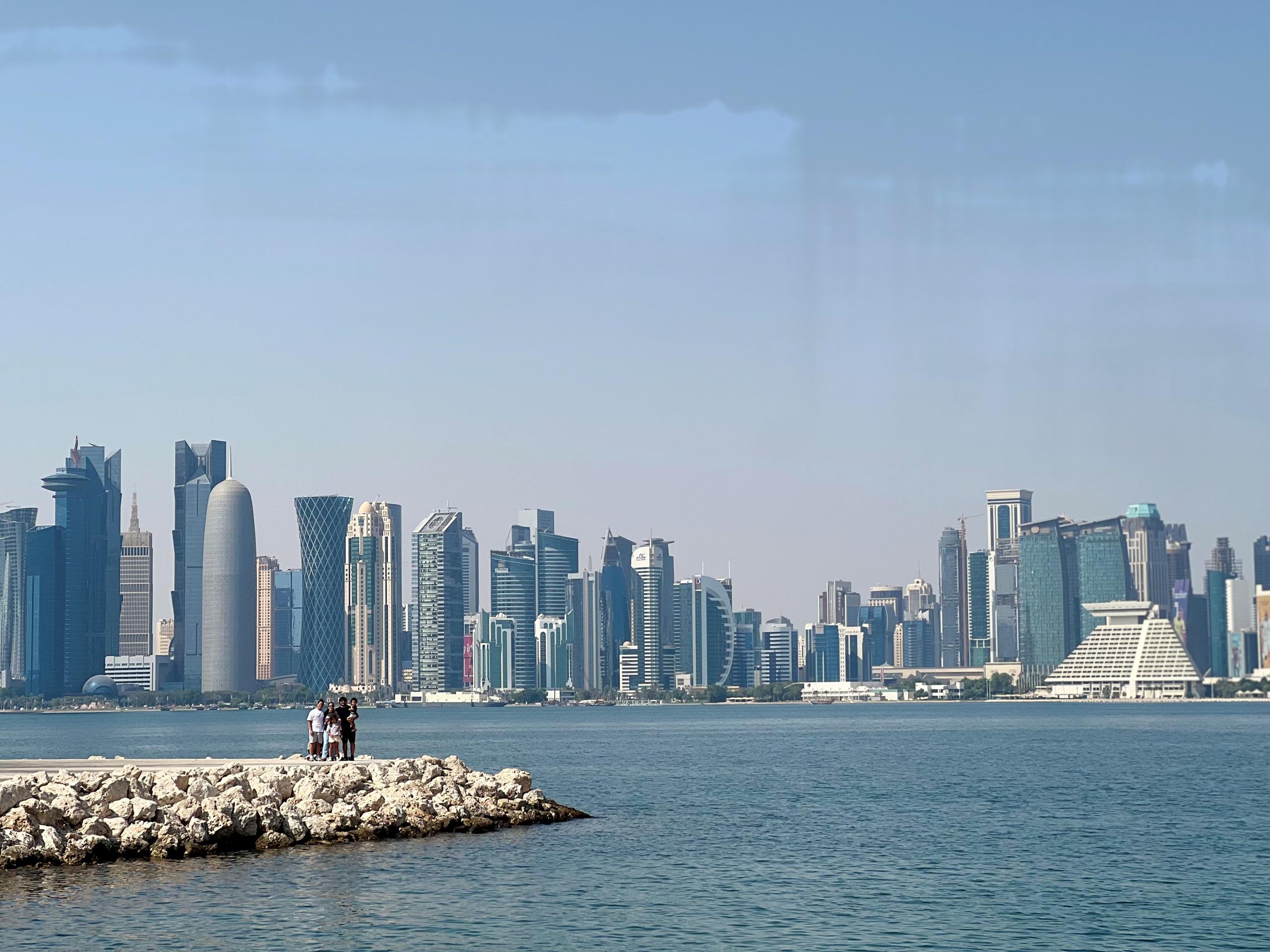
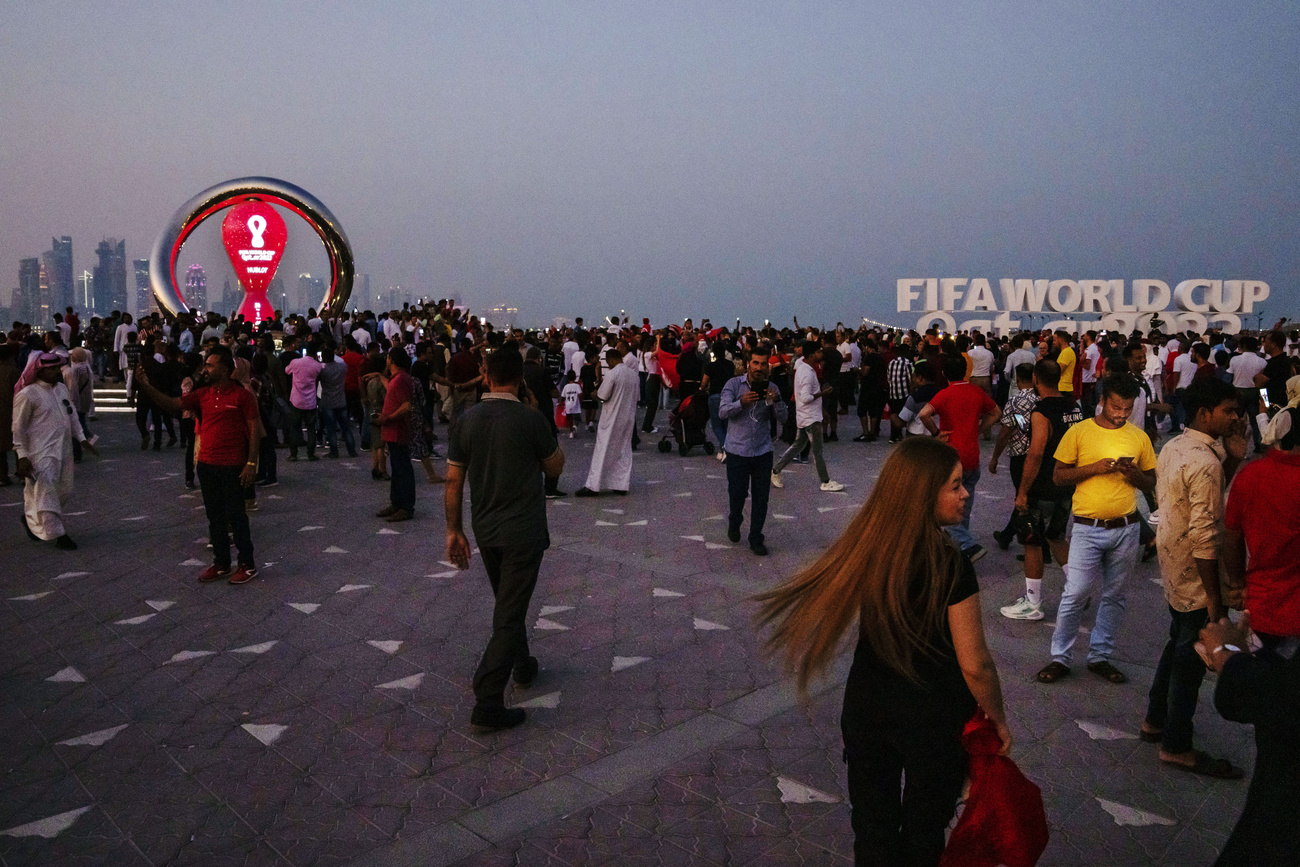
You can find an overview of ongoing debates with our journalists here . Please join us!
If you want to start a conversation about a topic raised in this article or want to report factual errors, email us at english@swissinfo.ch.